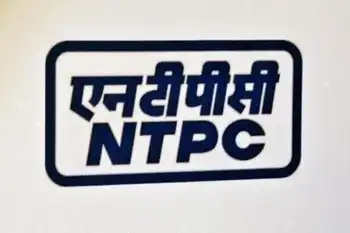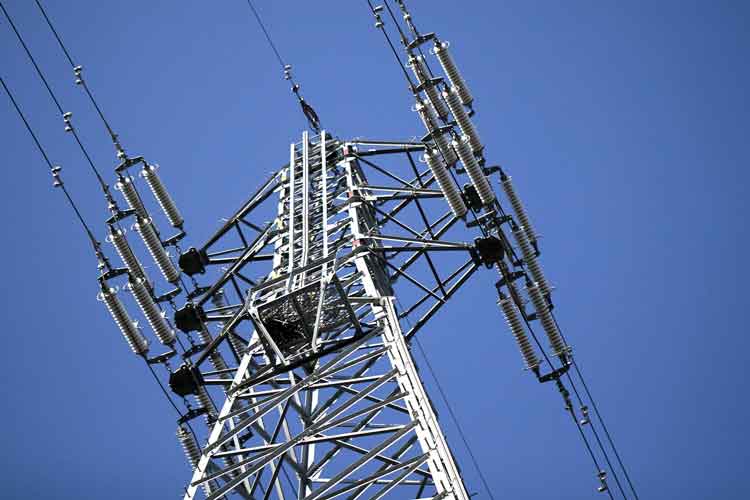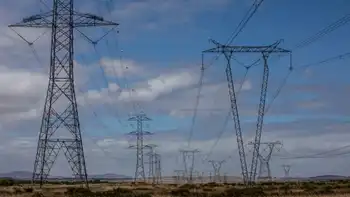U.S. to table India atomic bill soon: envoy
NEW DELHI, INDIA - The United States will table a bill to approve a landmark nuclear deal with India in the Senate soon, but chances of its passage in November remain uncertain, the U.S. envoy to India said recently.
David Mulford's comments came a day after the Democrats swept elections to U.S. Congress, heightening fears that the deal would not make it through the "lame duck" session of Senate and would have to wait until the new chambers assemble in 2007.
Although President George W. Bush's administration would push for the deal to be approved in the Senate session beginning next week, failure to win backing would only mean a delay and not hurt the new warmth between the two nations, the envoy said.
"The president has been deeply committed to getting this agreement through ... getting action on this," Mulford told a media briefing.
The deal aims to end a three-decade ban on nuclear trade with India to help New Delhi meet its growing energy needs and strengthen a new friendship between the once-estranged nations.
But it has faced hurdles ever since it was agreed in principle last year due to proliferation fears in the U.S. as India is not a member of the Non-Proliferation Treaty (NPT) and has conducted nuclear tests.
Politicians and nuclear experts in India have criticized it saying it could compromise India's nuclear program.
If the deal is not passed this month, negotiations would have to start all over again in a Congress dominated by Democrats traditionally opposed to proliferation.
Political analysts say this might scupper the deal as Congress could attach conditions unacceptable to India.
Mulford said the bill enjoyed strong backing from both the Democrats and the Republicans, but "lame duck" sessions were hard to predict as they did not have a fixed duration and had a busy agenda.
"So there is still a great deal of uncertainty," he said.
"But the prognosis looks very, very good. In an election that was deeply partisan with the United States deeply divided, it is important to bear in mind that the U.S.-India relationship is strongly supported as a bipartisan relationship.
However, Mulford cautioned that due to complicated U.S. legislative processes and the highly technical nature of the nuclear deal, a delay in the bill being passed by the "lame duck" session could not be ruled out.
"We all would regret the delay but I don't think it has any real significance for the strength and the vitality of the U.S.-India relationship," he said.
Related News

Global use of coal-fired electricity set for biggest fall this year
LONDON - The world’s use of coal-fired electricity is on track for its biggest annual fall on record this year after more than four decades of near-uninterrupted growth that has stoked the global climate crisis.
Data shows that coal-fired electricity is expected to fall by 3% in 2019, or more than the combined coal generation in Germany, Spain and the UK last year and could help stall the world’s rising carbon emissions this year.
The steepest global slump on record is likely to emerge in 2019 as India’s reliance on coal power falls for the first time in at least three decades…




